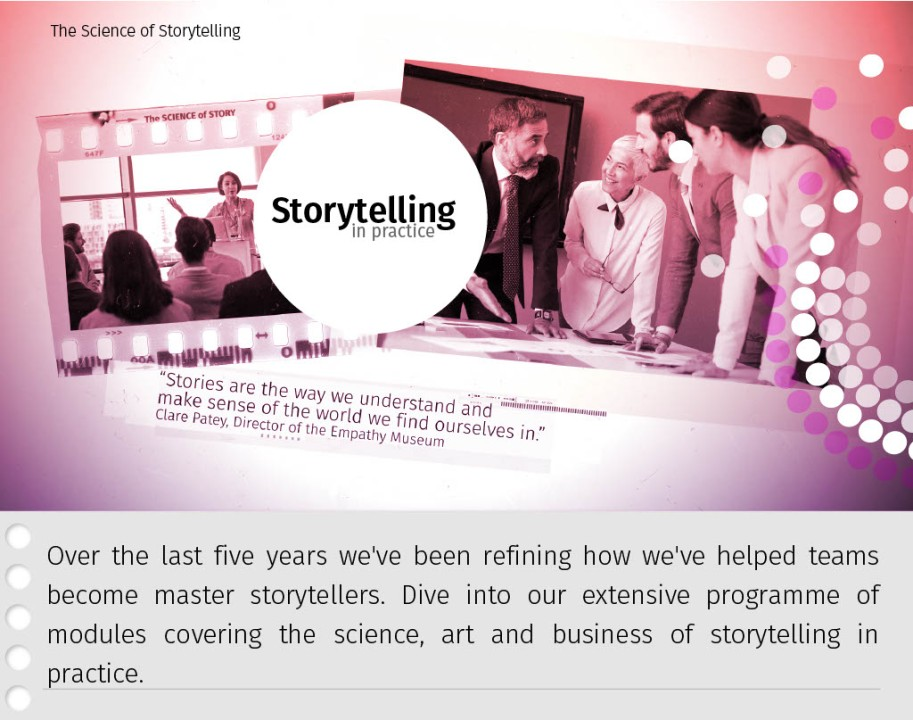Writing is a powerful means of expression, allowing individuals to communicate ideas, tell stories, and share perspectives. Whether you're a seasoned writer or a novice penning your first draft, there are always ways to enhance your craft. In this article, we'll explore a variety of writing tips that can help you unlock your creativity and produce more compelling content.
1. Understanding Your Audience
Before you put pen to paper or fingers to keyboard, it's crucial to have a clear understanding of your audience. Knowing who you are writing for will shape your tone, style, and content. Are you addressing experts in a specific field or a general audience? Tailoring your writing to your intended readership ensures that your message resonates effectively.
2. Crafting Engaging Introductions
The first impression matters, especially in writing. An engaging introduction sets the stage for the rest of your piece. Consider starting with a captivating anecdote, a thought-provoking question, or a surprising statistic to grab your readers' attention. By creating a compelling opening, you increase the likelihood that your audience will stay invested in your work.
3. Developing a Strong Thesis Statement
In longer pieces of writing, a clear thesis statement is essential. This concise, one-sentence summary articulates the main point or argument of your work. It serves as a roadmap for both you and your readers, guiding the direction of your writing and ensuring a cohesive and focused piece.
4. Embracing Conciseness and Clarity
Effective writing is concise and clear. Avoid unnecessary jargon, wordiness, and convoluted sentence structures. Instead, strive for simplicity without sacrificing depth. Break down complex ideas into digestible portions, and use language that is accessible to your audience. A well-crafted sentence communicates more effectively than a convoluted one.
5. The Power of Revision
Writing is rewriting. Don't be afraid to revise and refine your work. After completing a draft, take a step back and critically evaluate your content. Look for areas where you can enhance clarity, strengthen arguments, and improve overall flow. Multiple rounds of revision often lead to a polished and more impactful final product.
6. Emotionally Resonant Storytelling
Whether you're writing fiction or non-fiction, the ability to evoke emotion is a powerful tool. Infuse your writing with relatable anecdotes, vivid descriptions, and authentic emotions. Readers connect more deeply with content that resonates on an emotional level, making your writing memorable and impactful.
7. Diversity in Language and Style
Variety in language and style adds depth to your writing. Experiment with different sentence structures, word choices, and tones to keep your audience engaged. Avoid monotony by incorporating a mix of short and long sentences, descriptive language, and varied pacing. A diverse writing style adds flair and captivates your readers' attention.





